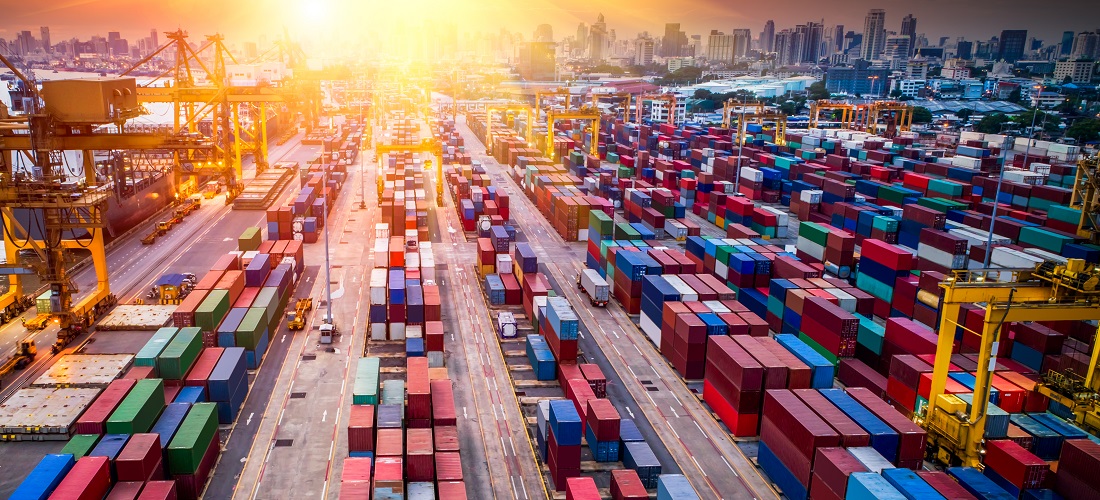
Global trade levels peaked in 2021, says Unctad.
Feb, 18, 2022 Posted by Gabriel MalheirosWeek 202207
According to the United Nations Trade and Development Agency (Unctad) projections, global trade peaked in 2021. However, it is expected to decrease slightly in the first quarter of this year.
Global trade reached a record of $28.5 trillion in 2021, up 25% from 2020 and 13% from 2019. The exchange of goods outperformed business services year-on-year, increasing by around 27% and 17%, respectively.
The trade of goods was stronger in developing countries than developed countries in the fourth quarter of 2021. In terms of value, agricultural trade increased by 20% compared to 2020.
The positive trend in global exchanges in 2021 was driven primarily by higher commodity prices and a strong demand rebound due to successful economic stimulus packages.
In Unctad’s assessment, international trade will normalize as these trends tend to decrease.
Brazil, for example, saw a 23% increase in exports and a 33% increase in imports in 2021 overall. However, imports rose only 11% while exports fell 7% in the fourth quarter.
Determinant factors
Global exports and imports will be affected by several factors in 2022, says the Unctad.
First, forecasts for economic growth are being revised downward due to persistent inflation in the United States and concerns about China’s housing sector, which affect trade.
Second, the Covid-19 pandemic has exerted unprecedented pressure on supply chains. Logistical disruptions, semiconductor shortages, and rising energy prices have further contributed to supply shortages and spiraling transport costs. Thus, companies have been heavily focusing on improving their supply networks’ reliability and risk management despite persistent delays. Efforts to shorten supply chains and diversify suppliers could affect global trade patterns during 2022.
In January, the Regional Comprehensive Economic Partnership (RCEP) entered into force, potentially increasing trade between several East Asian and Pacific economies and diverting goods flows from non-member countries. Unctad also predicts that trade flows will become more regionalized in other parts of the world, in line with other regional initiatives due to a growing reliance on geographically closer suppliers.
Unctad also sees that trade standards reflect the growing global demand for environmentally sustainable products. Government policies that regulate high-carbon markets can help to support these standards. In addition, the increased demand for strategic commodities essential to greener energy alternatives (e.g., cobalt, lithium, etc.) could also impact global trade patterns.
Another factor affecting global trade is the growing concern about debt amid heightened inflationary pressures. A significant tightening of financial conditions would put additional strain on the world’s most indebted governments, increasing vulnerabilities and harming investment and international trade flows.
Source: Valor Econômico
To read the full original article, access:
-
Jul, 05, 2023
0
Russia rejects bank compromise as Black Sea grain expiry looms
-
Ores
Feb, 15, 2022
0
Brazilian iron ore: export volume and prices fell until the 2nd week of February
-
Ports and Terminals
Jan, 06, 2022
0
Port of São Francisco do Sul sets historical record in 2021
-
Ports and Terminals
Nov, 01, 2023
0
Port of Maceió to regain administrative autonomy this year, says Ports Minister


